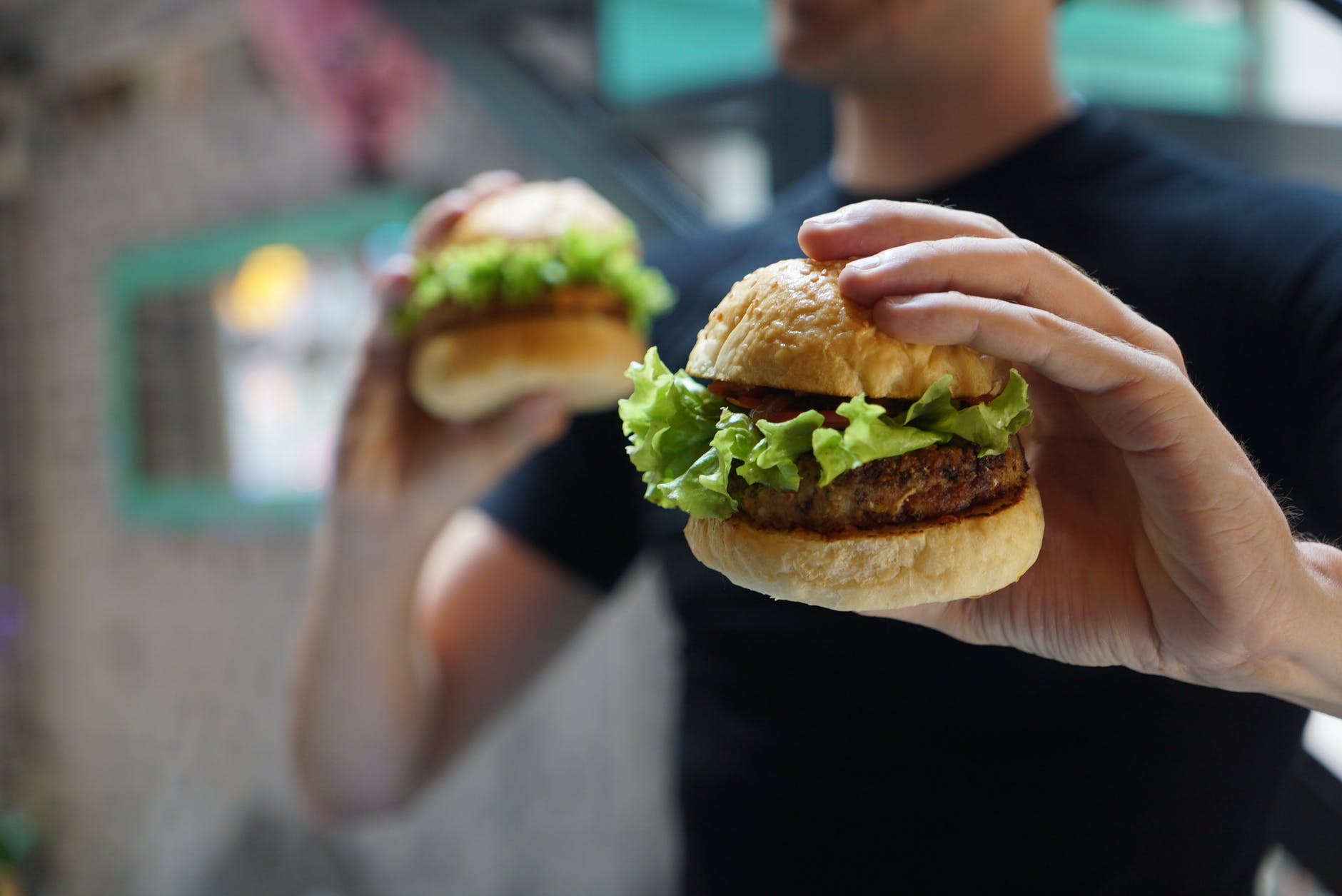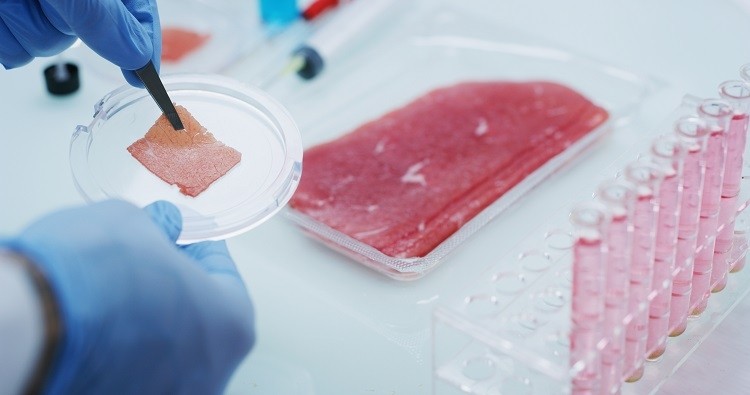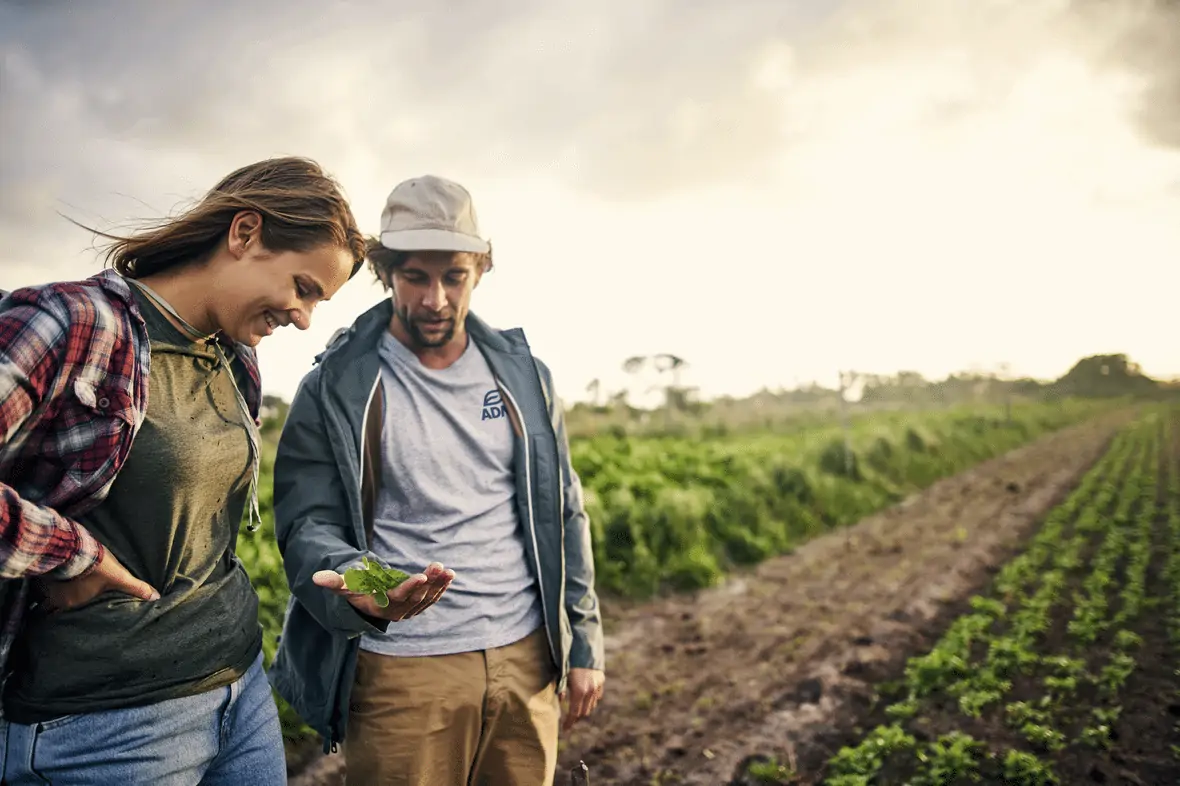This Saturday will mark the ten-year anniversary since the first cell-cultured meat burger made its debut, with the nascent alternative protein now generally considered a scalable option to reduce industry’s reliance on factory-farmed produce and agricultural inputs. In recognition of this decade of research, proponents of the science are acknowledging key milestones in the burgeoning sector.
So far, only two companies have received regulatory approval for their cultivated meat products – GOOD Meat and UPSIDE Foods, so they are the market leaders at the moment. “However, there are dozens of companies around the world now planning to scale up production and apply for regulatory approval,” Carlotte Lucas, senior corporate engagement manager at the international nonprofit Good Food Institute (GFI) tells Food Ingredients First.

“Right now, the cultivated meat field is dominated by startups who are driving innovation, but as the sector matures we expect to see an increasing number of partnerships between startups and major food industry players. Already, we’ve seen Aleph Farms partner with leading retailer Migros as they apply for regulatory approval in Switzerland.”
Lucas adds that a “diverse ecosystem is a healthy one,” underscoring that government investment in open-access research will be “essential to democratizing progress in this field” and keeping the market open to players of all shapes and sizes.
More than 150 companies worldwide are now working on cultivated meat and seafood – around 50 of which are in Europe. Among significant highlights, Israel’s Aleph Farms applied to Swiss regulators to begin selling cultivated beef last month – the first such application in Europe.
Peer-reviewed research by GFI has found that cultivated meat made using renewable energy could reduce climate emissions by up to 92%, reduce air pollution by up to 94% and use up to 90% less land compared with conventional beef.

Asia’s “garden city” leads on expedited food-tech
Dutch scientist Dr. Mark Prost unveiled the first cultivated beef burger at an event in London on August 5, 2013. That burger took more than two years and €250,000 (US$274,300) to make.
“Cultivated meat is very much a European innovation. Its foundations were laid by French and Dutch scientists, and this week marks ten years since the Netherlands’ Dr. Mark Post traveled to London to present his pioneering beef burger to the world,” remarks Alex Mayers, managing director of GFI Europe.
A decade since the first cultivated burger was plated, a key milestone was the introduction of the cultivated chicken skewer, made available in Singapore for just US$14. As a pioneering market for the expedited rollout of commercialized cell-based products, Singaporean regulators were notably the first to greenlight lab-grown chicken for human consumption.
Singapore’s government has been actively establishing open discussion platforms to ensure knowledge sharing between industry and academia, which has led to – among other advances – scientists at the National University of Singapore developing an affordable, sustainable and edible cell culture scaffold based on corn, barley and rice flours.

Following Singapore, the Netherlands became the first European country to greenlight cultivated meat and seafood tastings last month. Cellular Agriculture Netherlands is the body tasked with executing the National Growth Fund, which plans to invest €252 to €382 million (US$272 million to US$413 million) in cellular agriculture.
Dutch start-up Meatable is one pioneering firm that claims it can produce cultivated pork products in “just eight days.” The company’s process was explored in further detail in a Food Ingredients First exclusive interview with Meatable’s CEO and co-founder, Krijn de Nood.
More recently, it was announced that consumers in the US can enjoy cultivated chicken after two companies received regulatory approval in June. Good Meat’s USDA approval for its cultivated chicken to enter interstate commerce was championed as a “historic step” in the US food industry.
“The progress made over the past decade is remarkable – but we’re still a long way off making this sustainable option available to everyone,” says Mayers at GFI.

“With other parts of the world beginning to race ahead, the EU and national governments must invest in cultivated meat to ensure its benefits are felt here in Europe.”
** Click here to read the full-text **








